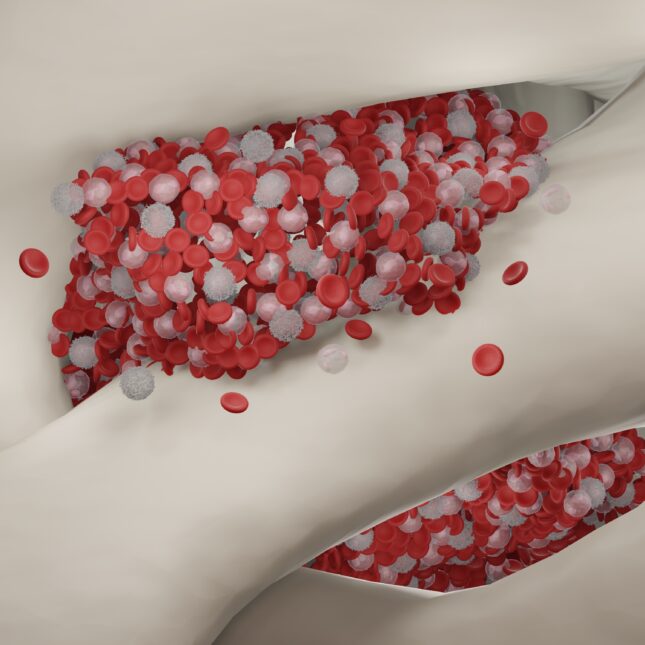
SAN DIEGO — The sickle cell community has for the past few days been buzzing with news of the first-ever approved gene therapies for the devastating disease. Meanwhile, researchers at the American Society of Hematology meeting on Tuesday are reporting advances in a less expensive and more established strategy proven to cure patients: bone marrow transplant.
This approach has been around for decades but required patients to have a well-matched donor and endure a hefty dose of chemotherapy, ruling out transplant as an option for the vast majority of patients. In a mid-stage trial, however, researchers said sickle cell patients who were given a gentler course of chemo and an infusion of half-matched cells fared well: They had less pain, and 95% of participants were alive two years after transplant and only 7% of recipients experienced a severe reaction caused by transplanted immune cells attacking their new home.
The news comes as researchers are still processing the Food and Drug Administration’s landmark approval of two cutting-edge sickle cell therapies, one made by Vertex Pharmaceuticals and CRISPR Therapeutics and the other by Bluebird Bio. These drugs have price tags of $2.2 million and $3.1 million, respectively. By comparison, a bone marrow transplant costs about $200,000 to $400,000, and, the study’s authors argue, could be performed on a broader swath of patients.

This article is exclusive to STAT+ subscribers
Unlock this article — plus in-depth analysis, newsletters, premium events, and networking platform access.
Already have an account? Log in
Already have an account? Log in
To submit a correction request, please visit our Contact Us page.











STAT encourages you to share your voice. We welcome your commentary, criticism, and expertise on our subscriber-only platform, STAT+ Connect